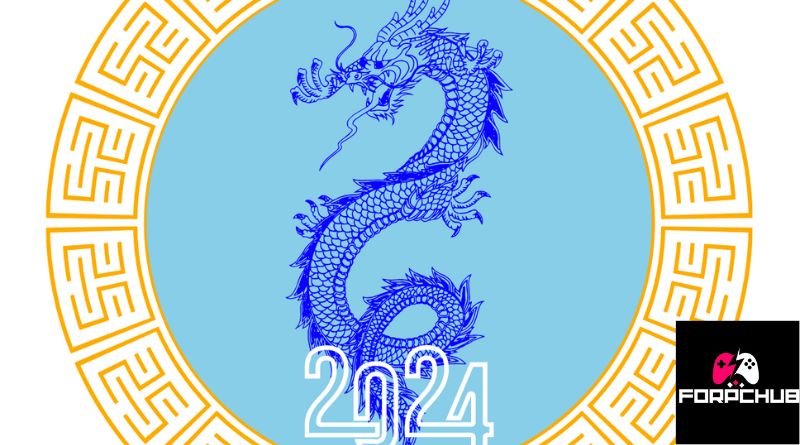Understanding Centuries and How They Are Counted
Time is divided into centuries, each consisting of 100 years. But figuring out which century a particular year belongs to can sometimes be confusing. If we consider the year 2024, one might assume it belongs to the 20th century because of the “20” in 2024. However, this is incorrect. The year 2024 falls in the 21st century.
The way centuries are numbered follows a simple pattern: a century always starts one number higher than the first two digits of the year. For example, the years 1901-2000 belong to the 20th century, while the years 2001-2100 belong to the 21st century. Since 2024 falls within this range, it is part of the 21st century.
This numbering system is based on how time was recorded in the Gregorian calendar, which is the calendar most of the world follows today. The first century (1st century AD) started from the year 1 and ended in the year 100. The second century (2nd century AD) started in 101 and ended in 200, and so on. By following this pattern, we see that the 21st century began in 2001 and will continue until 2100.
Why Does the Century Number Seem One Step Ahead?
A common question that arises is: why is the century always one number ahead of the actual year range? For example, why is the year 2024 in the 21st century and not the 20th?
The answer lies in the way we count time. The first century did not start at year 0 but at year 1. So, the first century covered the years 1-100, the second century covered 101-200, and this pattern continued. Because of this, when we reached the year 2000, we were still in the 20th century. Only when we entered 2001 did the 21st century begin.
Think of it like counting floors in a building. If a building has 100 floors, the first 100 floors make up the first block, but the 101st floor belongs to the next block. Similarly, when we reach 2001, we step into a new century—the 21st century.
The Significance of the 21st Century
Since 2024 belongs to the 21st century, it is helpful to understand what defines this period in human history. The 21st century, which began on January 1, 2001, and will end on December 31, 2100, has already been marked by technological advancements, global challenges, and cultural shifts.
- Technological Growth
- The 21st century has witnessed rapid growth in technology. The internet, artificial intelligence, space exploration, and digital transformation have reshaped how people live and work.
- Smartphones, cloud computing, and social media platforms like Facebook, Instagram, and Twitter have become essential parts of daily life.
- Space missions, such as NASA’s Mars rovers and private companies like SpaceX, have pushed the boundaries of space exploration.
- Globalization and Connectivity
- The world is more connected than ever due to advancements in communication, transportation, and trade.
- The rise of remote work, e-commerce, and international collaboration has created a global economy where businesses and individuals can interact across borders.
- Scientific and Medical Advancements
- The medical field has made groundbreaking progress, with the development of vaccines, treatments for life-threatening diseases, and advancements in genetic research.
- The COVID-19 pandemic, which began in 2019, highlighted the importance of scientific research and global cooperation in healthcare.
- Environmental Concerns
- Climate change and environmental conservation have become critical global issues.
- The 21st century has seen a push for renewable energy, electric vehicles, and policies aimed at reducing carbon emissions to protect the planet.
- Social and Cultural Changes
- This century has witnessed significant social movements, advocating for equality, human rights, and inclusivity.
- Issues like gender equality, LGBTQ+ rights, and racial justice have gained prominence on the global stage.
How the 21st Century Compares to Previous Centuries
Every century has its defining characteristics. If we compare the 21st century with past centuries, we see some major differences:
- 19th Century (1801-1900): This century was marked by the Industrial Revolution, significant inventions like the steam engine, and major social reforms.
- 20th Century (1901-2000): The 20th century saw two World Wars, the Cold War, space exploration (including the Moon landing in 1969), and the rise of computers and the internet.
- 21st Century (2001-2100): The focus has shifted toward digital transformation, artificial intelligence, space exploration, climate change solutions, and a more connected global economy.
Each century builds upon the progress of the previous one. The 21st century is unique in that it has access to advanced technology and information, making it a time of rapid innovation.
What Comes Next? Looking Toward the 22nd Century
Since we are currently in the 21st century, the next century will be the 22nd century, which will begin on January 1, 2101, and end on December 31, 2200. Although it is far into the future, we can predict that technology will continue to evolve, human life expectancy may increase, and space travel could become more common.
Scientists and researchers are already working on groundbreaking ideas such as artificial intelligence, renewable energy solutions, space colonization, and advancements in medicine. If the progress of the last 100 years is any indication, the world in the 22nd century will look very different from today.
Conclusion
To answer the question “What century are we in 2024?”, we can confidently say that we are in the 21st century. This century, which began in 2001 and will continue until 2100, is defined by rapid technological advancements, globalization, and social progress. Understanding how centuries are counted helps us appreciate the historical context of our time and prepare for the future.
As we continue through the 21st century, we can expect further innovation, new discoveries, and changes that will shape the world for generations to come. Whether in science, technology, culture, or global cooperation, this century holds exciting possibilities that will define the course of human history.
May Also Read: forpchub
